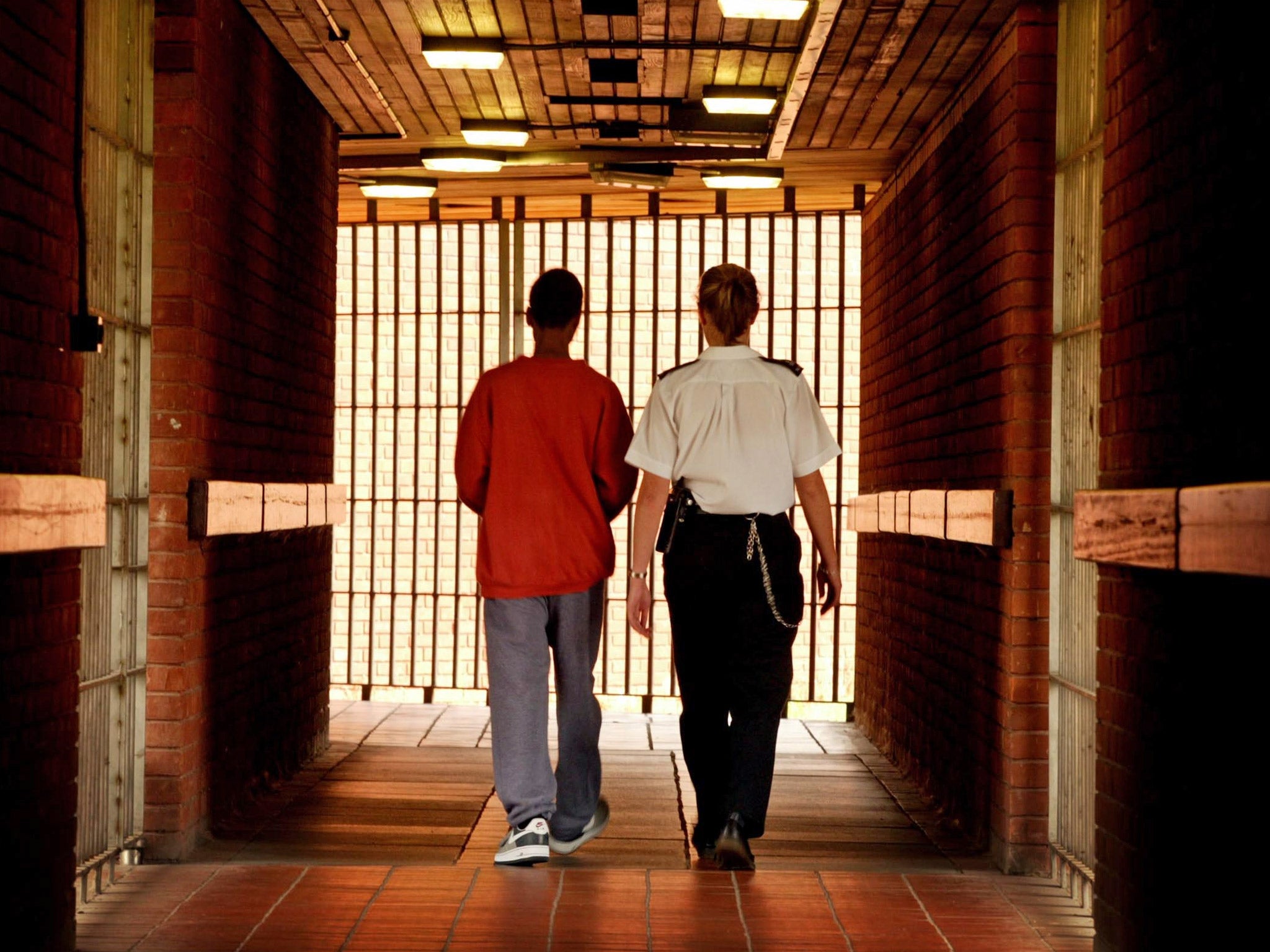Two of Britain’s oldest and most notorious jails to be closed as Government announces £250m Wrexham 'super-prison'
Justice Secretary announces major shake-up of the jail system

Two of Britain’s oldest and most notorious jails - Dartmoor and Reading - are to be closed as part of an overhaul of the penal system to make way for a new £250m “super-prison” in north Wales, the Government announced today.
Dartmoor Prison, which was opened in 1809 and whose freehold is owned by the Duchy of Cornwall, will be run down over a period of years while Reading, which was used to incarcerate Oscar Wilde, is one of four jails to be earmarked for closure by next March.
The shuttering of the prisons is part of a major shake-up of the jail system in England and Wales announced by Justice Secretary Chris Grayling, which will also explore whether to build a second super-prison on the site of the existing Feltham Young Offenders Institution in west London.
The prison officers union condemned the closures, saying they put nearly 700 jobs at risk and could exacerbate the “powder keg situation” in jails caused by overcrowding. Prison reform campaigners criticised the embrace of 2,000-capacity “Titan” jails, saying they would be too large to manage.
Mr Grayling said the decision to site the first super-prison - some 25 per cent bigger than any existing facility - in Wrexham would bring 1,000 new jobs to the area and the rapid closure of the four prisons - Reading, Dorchester, Blundeston and Northallerton - would remove from the system jails that were too expensive or needed substantial investment.
The Justice Secretary, who has pledged to provide more prison places than when the Coalition came to power in 2010, said: “The reorganisation of our prison estate means some difficult decisions - but we have to make sure that we have modern, affordable prisons that give the best opportunity for us to work with offenders to stop them committing crimes when they leave.”
The closure of Reading, made famous by Wilde and his poem - The Ballad of Reading Gaol - written after his release in 1898, and the three other prisons will remove 1,400 “uneconomic” places and realise budget savings of £30m. The Government has pledged to cut overall prison spending by £500m.
Dartmoor, which was originally built to house prisoners from the Napoleonic War and whose inmates included the Irish nationalist leader Eamon de Valera, is run on a lease from the Prince of Wales’s private estate with a ten-year notice period. Officials said no decision had been made on the end use of the famous granite jail but added it “does not have a long-term future in a modern, cost-effective prison system”.
Critics of the restructuring, under which the new Welsh prison is due to open in 2017 alongside new “mini-prisons” on existing sites, said it will do little to tackle to overcrowding which last year saw nearly 20,000 inmates sharing cells designed for a single prisoner.
Steve Gillan, general secretary of the Prison Officers Association, said: “We are extremely concerned by the power keg situation now in prisons and the severe overcrowding.”
Penal reform campaigners said the new super-sized facilities would be difficult to manage with increased prevalence of violence and drug abuse. Juliet Lyon, of the Prison Reform Trust, said: “Closing small prisons and replacing them with super-sized jails will not reduce crime or make communities safer. The millions secured for new-build prisons could be more effectively spent on robust community services, treatment for addicts and care for people who are mentally ill.”
